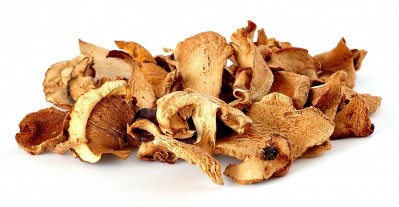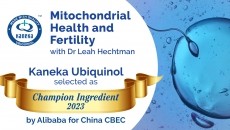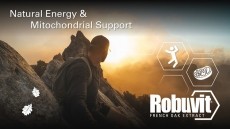Link between vitamin E & brain tumours found in metabolite study
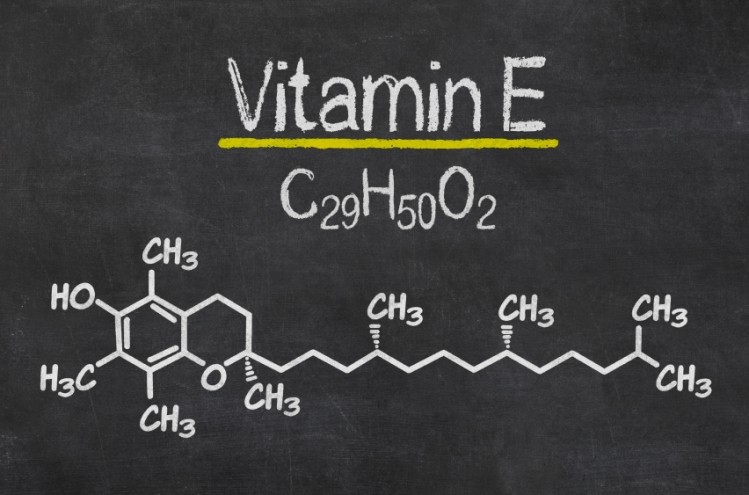
Researchers found vitamin E showed the greatest difference in metabolite expression when healthy individuals were compared with people who went on to develop brain tumours.
The study employed a metabolomic approach, where small molecular compounds can be used to detect and quantify changes to the total metabolite number within an organism, cell, or tissue.
Changes in the metabolome may reflect genomic variations or cellular changes as a result of external exposures, making metabolomics an expanding field in disease biomarker discovery.
Brain tumours, are known to contain mutated enzymes that result in specific metabolic signatures.
Study directives
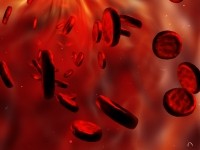
A group of researchers at the Umeå University in Sweden and the Cancer Registry of Norway looked at blood (serum) samples that came from patients diagnosed with brain tumours.
These samples were taken up to 20 years before their diagnosis.
The team were looking for differences in metabolites between patients who would later develop brain tumours, when compared to a control group.
The team, led by Dr Beatrice Melin and Dr Henrik Antti, identified an indicator or biomarker for the future development of brain tumours. The biomarker consisted of nine metabolites (erythritol, erythronic acid, myo-inositol, cystine, 2-keto-L-gluconic acid, hypoxanthine and xanthine) involved in antioxidant metabolism.
The other two metabolites - γ-tocopherol, α-tocopherol – two forms of vitamin E, were higher in serum concentrations in future brain tumour cases.
"Other studies have also showed signs of disadvantageous health effects from vitamin E, so our results are in line with current research findings concerning other types of tumours," commented Henrik Antti, researcher in the University of Umeå’s chemistry department.
"We are of course interpreting our results carefully and will now proceed with this research to investigate if genetics play a role in the observed biomarker patterns."
Vitamin E role
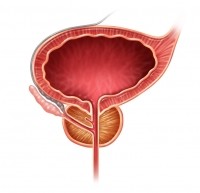
Vitamin E is thought to have a role in several different tumour types. Previous studies have identified dietary supplementation of vitamin E could be associated with a reduced risk of prostate cancer and benefit cognitive performance as well as cellular function, eye health and more.
In contrast, trials of vitamin E supplementation have been halted due to unfavourable results. In the SELECT trial, investigators saw, after seven years of follow-up, a 17% increased risk of developing prostate cancer in men with dietary vitamin E supplementation, but the trial has been criticised for its pharmacological approach.
The increased risk appeared three years after randomisation, indicating a delayed-onset mechanism.
“Finding signs of a possible link between vitamin E and brain tumours was interesting and something which we now will study more closely," said Beatrice Melin, researcher at the department of radiation sciences at the University of Umeå.
Vitamin E reader
There are eight forms of vitamin E: Four tocopherols (alpha, beta, gamma, delta) and four tocotrienols (alpha, beta, gamma, delta). Data from the Karolinska Institutet in Stockholm, Sweden has indicated that all plasma vitamin E forms may play a role in brain health. The majority of the science in the past has looked at vitamin E in the alpha-tocopherol form in the context of cardiovascular disease, cancer, and eye disease.
"But we must point out that the results are preliminary and that further studies with a larger number of patients are needed to verify this link between vitamin E and brain tumours."
The team suggested the link between tocopherols and glioma risk could be down to tocopherol’s ability to suppress inflammation and thereby enhance the risk of developing brain tumours.
This has been shown in animal studies, where the anti-inflammatory effects of tocopherols, especially γ-tocopherol, have also been documented in animal studies investigating asthma and allergy and in several clinical studies.
In addition the study showed that α-tocopherol supplementation reduced p53 gene expression in tumours, increasing the proliferation rate of cancer cells. These findings were in line with a previous study.
The researchers also pointed towards tocopherol intake as a factor in impairing DNA repair mechanisms, citing a study that looked into genetic and dietary factors that determined DNA integrity.
Vitamin E value
Defining the optimal dose for vitamin E and its purported link to certain types of cancer was the subject of a recent presentation by Manfred Eggersdorfer, professor for Healthy Ageing at DSM Nutrition Science & Advocacy.
Speaking at Vitafoods, he commented that an intake of vitamin E at or above 30 μmol/L serum concentration was associated with prevention of cardiovascular disease (CVD) and different types of cancer, as well as gains in cognitive health.
“Achieving an optimal status of vitamin E is associated with a number of positive health benefits,” he said. “An increase of the intake recommendation would ensure that the general population can reach this status.”
Source: Oncotarget
Published online ahead of print.
“Metabolomic screening of pre-diagnostic serum samples identifies association between α- and γ-tocopherols and glioblastoma risk.”
Authors: Benny Björkblom, Carl Wibom, Pär Jonsson, Lina Mörén, Ulrika Andersson, Tom Børge Johannesen, Hilde Langseth, Henrik Antti, Beatrice Melin.

